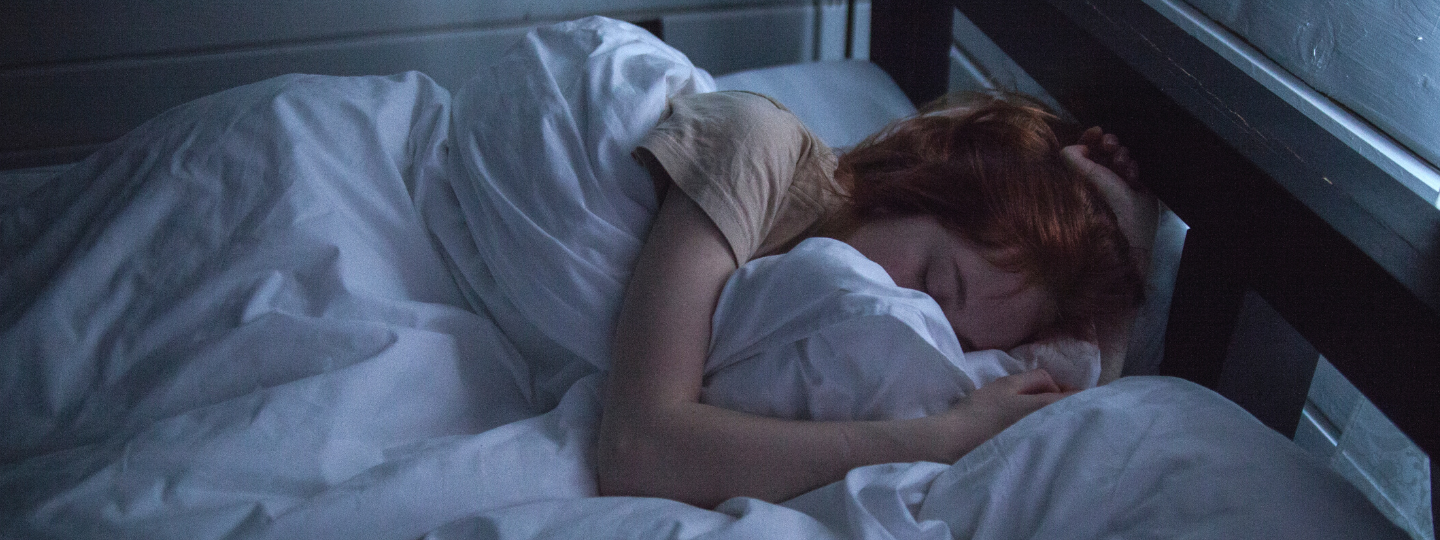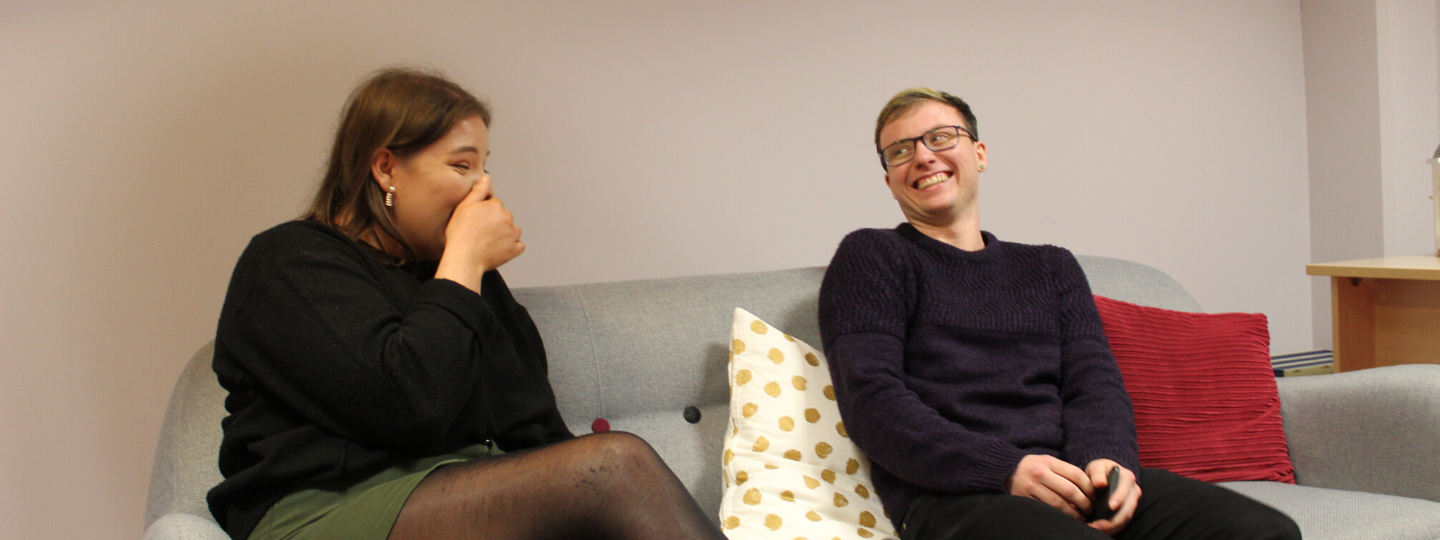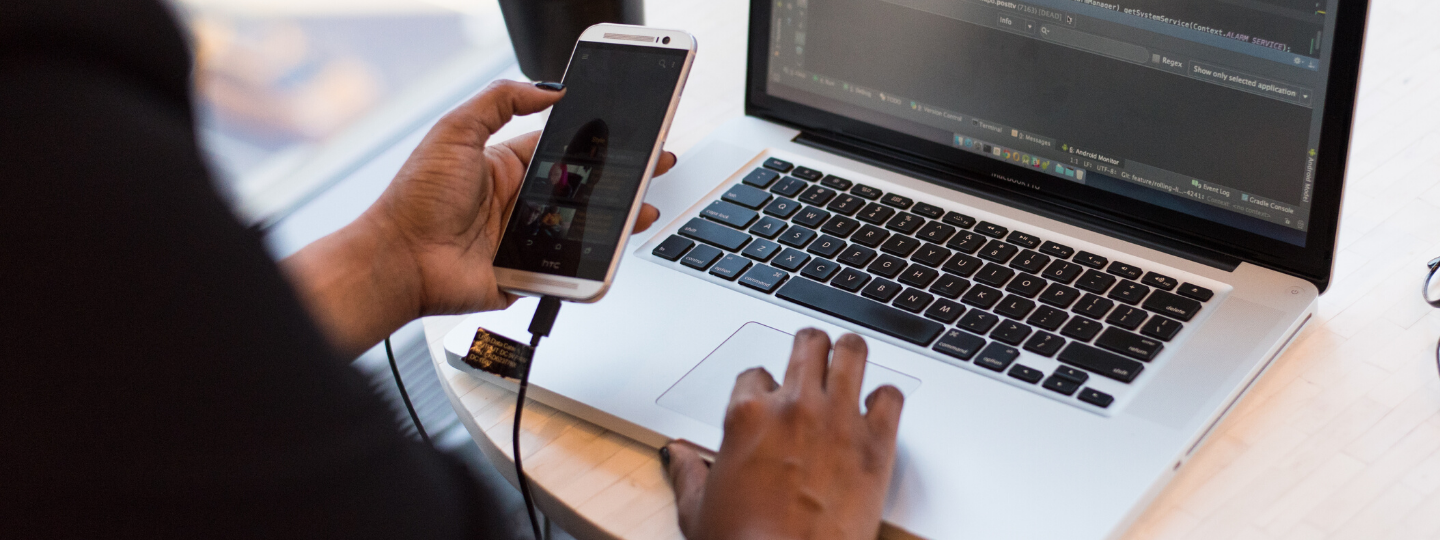Gaming and mental health
Gaming and mental health
Friday, 28 May 2021
Online gaming is a really popular activity that can be a healthy and enjoyable pastime.
There are many benefits to online gaming. It can be a way of connecting with others, making friends online and reducing isolation.
Gaming can be fun and a good distraction from current negative news and social media reports. It doesn’t have to be competitive, with many games encouraging teamwork. It can help develop problem solving skills and give us a sense of achievement.
However, for a small number of us, gaming can have a negative impact on mental health if we are not paying attention to how it affects us.
In this article you will find:
Taking stock
While there are benefits, gaming can become problematic at times. People in your life may be concerned about you gaming too much, leading to arguments and conflict. It may be difficult to know when your gaming is a problem for other people or whether it has become a problem for you.
Take stock of your gaming to make sure you are gaming safely. There are a number of things to consider.
Time spent gaming
How much time are you spending gaming? Are you being sucked into the game? You may find this hard to answer, if you don’t notice the time going by. Perhaps you feel that time has sped up? Try to be honest with yourself.
There are millions of designers and developers working to make sure you are sucked in. That’s the point of them. But no matter how immersive it is, you need to balance gaming with other areas of your life.
There is no ‘right’ amount of time you should or shouldn’t spend gaming. If gaming is interfering with other activities, such as eating, work, school work or sleep, then it is worth reviewing.
Physical effects
Are you playing on a handheld device or on a big screen like a TV? What impact is this having on your eyes and body? Do you notice that your eyes are strained or sore? Are you experiencing pains in your body? Do you need to take more breaks and go for a stretch?
Emotional impact
Think about what happens when you are playing. How does it make you feel? Do you shout? Do you feel angry or frustrated if you are not getting to the next level? How are you afterwards, are you grouchy, happy, tired? Is it still fun? Do you feel relaxed?
Try to pay attention to how you feel in the here and now. If you are experiencing emotions that feel difficult to manage it might be time to take a step back. You may need to look at how gaming is impacting your mental health.
Signs gaming may be impacting your mental health
Not everyone who games a lot has problems. Keep an eye out for some of these warning signs that gaming may be starting to impact your mental health:
- feeling sad, frustrated or angry when you are not able/allowed to play games
- not being able to control the amount of time you spend gaming
- constantly thinking about your next game or past gaming sessions
- feeling physical pain or irritation because of gaming. For example, pain in your joints, dry or red eyes or headaches
- skipping meals or eating meals while you are playing
- overspending on in-app purchases or on new games and getting into debt
- using gaming to avoid activities or being less interested and involved in activities you normally enjoy
- finding it difficult to get to sleep or get up in the morning because of your gaming
- not showering as much as needed or not taking good care of yourself
- not doing as well at school, college, university or work
- spending less time with your family or friends
- hearing people say they are worried that you are gaming too much
- struggling to find time to do things which help keep you healthy.
If you have noticed some of these things you might need to take some steps to regain control of your gaming.
Taking back control
If you are worried your gaming has become a problem here are some things you can do.
When gaming
Plan how much time you want to spend on your game. Set an alarm on your phone to remind you to stop. If you are bored or frustrated, get up and go get a drink and come back later.
Pay attention to your body and notice if you are hungry or tired. Get up and move regularly. Doing simple stretches can really help with back neck and wrist issues. Turn off screens for at least one hour before bedtime.
Look the game up to find secrets about the level that can help you if you are stuck. Or just leave it and come back to it later.
Your environment
Think about your setup. Make sure it is not adding additional strain. Try to keep devices outside of the bedroom. Aim for no screens whenever you are eating.
Balance
Engage in a range of activities including family time, time with friends and doing some physical activity. Why not try other activities which can support your mental health, such as reading, journaling and listening to music. You could even consider a digital detox.
Do your school/college work or help out in the house before gaming. Perhaps treat gaming as a reward.
Look for support
If you think you are gaming too much and are worried, remember you are not alone. Talk to someone you trust, it could be a teacher, a neighbour, your parent or friend. Especially if you are experiencing issues like harassment while online.
With the right support, it’s still possible to enjoy your gaming and gain a better balance.






